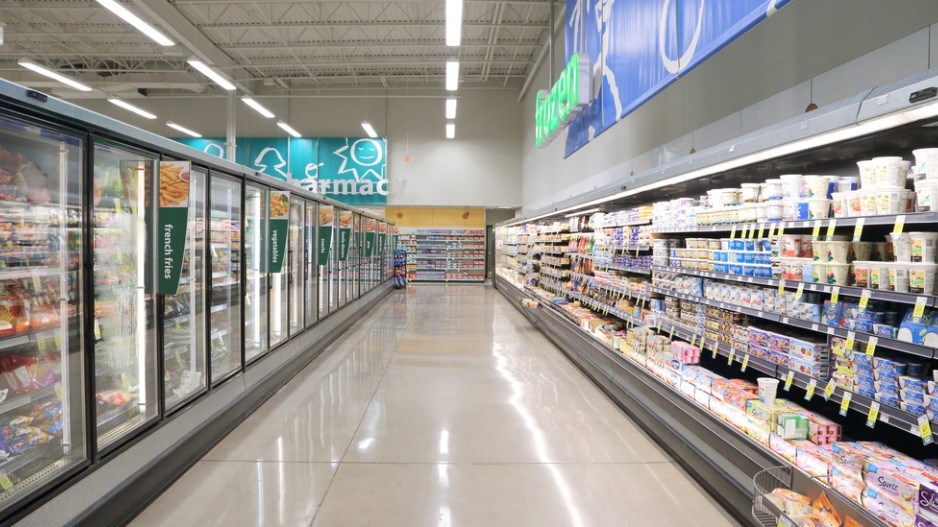While face-to-face talks on a Trans-Pacific Partnership (TPP) ended earlier this month without a deal reached, negotiations continue among what an Australian official described to the New York Times as “12 disparate countries from Brunei all the way through the United States” that make up “40% of world GDP [and] 33% of world trade.”
Canada is one of those 12 countries. And one of its sticking points is its refusal to give up its protection of Canada’s dairy farmers.
Canada’s dairy industry is supply-managed, with farmers given quotas on how much they can produce, fixed prices when the milk is sold to the only buyer, the provincial marketing board, and protective tariffs preventing the import of cheaper competitors.
But is protecting the dairy farmers and perhaps forgoing membership in the TPP a good idea for Canadians other than dairy farmers?
Lindsay Meredith, a marketing and economics professor at Simon Fraser University, and a self-described demand-side economist, doesn’t think so.
“Why should we protect dairy farmers when we don’t protect hog farmers or cattle farmers or grain farmers or anybody else?” Meredith asks.
And whenever you get into protectionism, someone has to pay. And that someone is the everyday Canadian.
So Meredith thinks protecting 12,000 dairy farmers at the expense of 35 million Canadians doesn’t make sense.
The Business Council of British Columbia also favours an overhaul of Canada’s supply-management regime, which protects not only the domestic dairy industry but poultry as well.
The farming sector is a very small part of the Canadian economy, Jock Finlayson, the business council’s executive vice-president and chief policy officer, wrote in an email.
“We can’t afford to be left out of accords like the TPP because of an unwillingess to address and gradually reduce Canadian trade barriers in a farming sector that amounts to at most 1% of the country’s GDP,” he wrote.
Yet all three major federal political parties support protecting the dairy farmers, Meredith said. Maybe they should rethink that.




